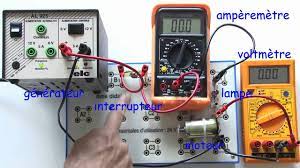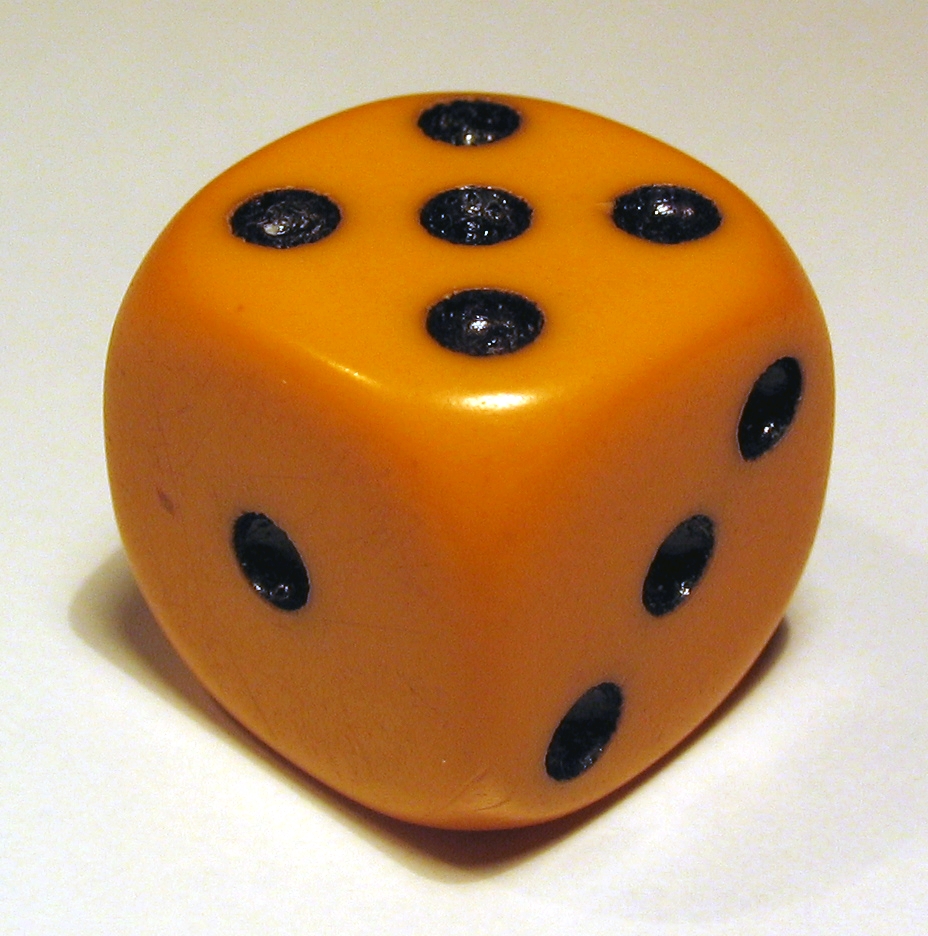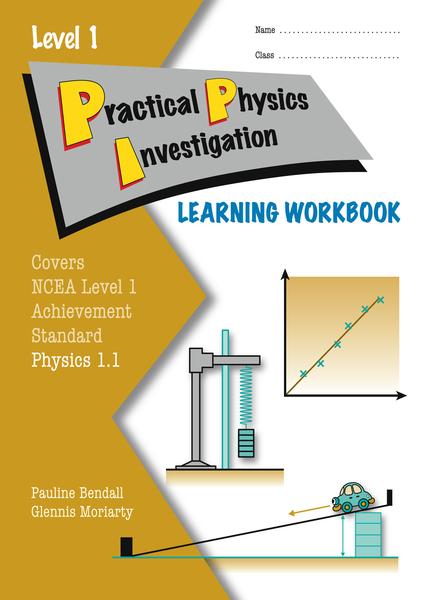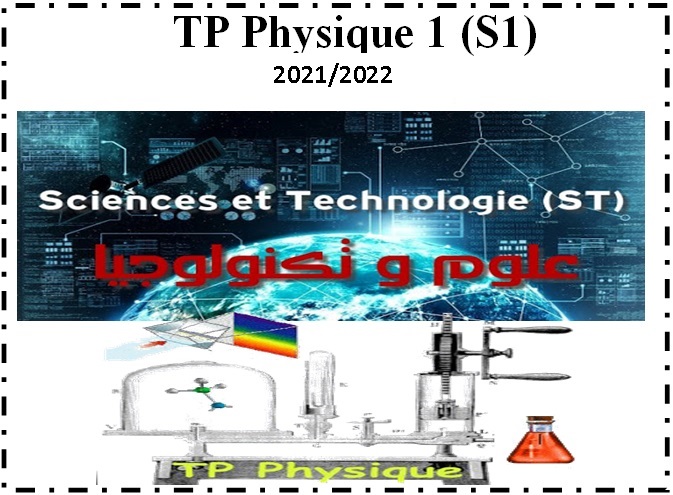E-learning -Université de M'sila
نتائج البحث: 5241

- معلم: HOCINE Mustapha

Power Electronics is a branch of electrical engineering and electronics that deals with the conversion, control, and conditioning of electric power using semiconductor devices. These devices operate in switching mode (rather than linear mode) to efficiently process high voltages and currents, ensuring minimal losses. Power electronics is crucial for various applications such as power supplies, electric motor control, renewable energy systems, and electric vehicles.
The objectives of this course are to:
- Understand the basic principles of power electronics,
- Understand the operating principles and use of power components,
- Master the operation of major static converters,
- Acquire basic knowledge for making technical choices depending on the application domain of a power converter.
Power Electronics is a branch of electrical engineering and electronics that deals with the conversion, control, and conditioning of electric power using semiconductor devices. These devices operate in switching mode (rather than linear mode) to efficiently process high voltages and currents, ensuring minimal losses. Power electronics is crucial for various applications such as power supplies, electric motor control, renewable energy systems, and electric vehicles.

Teaching goals
Consolidate the theoretical concepts covered in the Physics 2 course through Practical Work sessions.
Prerequisite knowledge recommended
Mathematics 1, Physics 1
- معلم: Badis BAKRI

This course is above all a set of practical work
on electricity and magnetism in accordance with the curriculum for first-year university students in
the field of materials sciences (SM), aligns with the
official program.
- معلم: Salim MEDJBER
This course presents Pragmatics as a sub-field of linguistics, which looks at meanings of utterances in context and studies speakers’ communicated intents; it is often discussed in contrast with the sub-field of semantics which is the study of meaning as shaped and constructed by the language system. The course of pragmatics addresses historical, theoretical, practical as well as research-oriented developments in the field.

- معلم: aboubakr hamoudi
Selon le premier principe de la thermodynamique, lors de toute transformation, il y a conservation de l'énergie.
Dans le cas des systèmes thermodynamiques fermés, il s'énonce de la manière suivante :
« Au cours d'une transformation quelconque d'un système fermé, la variation de son énergieest égale à la quantité d'énergie échangée avec le milieu extérieur, par transfert thermique(chaleur) et transfert mécanique (travail). »
- معلم: ZIDANE Salima
On dit souvent que la recherche scientifique, est un art qui ne s'apprend pas dans les livres, mais dans la pratique,
objectif du module :
- Savoir énoncer un problème de recherche,
- Savoir formuler une question de recherche,
- Savoir élaborer une stratégie d’investigation permettant d’atteindre les objectifs fixés de manière rigoureuse et fiable.
- Savoir rédiger un mémoire
contenu:
- Initiation à la recherche scientifique
- La spécification de la problématique
- Démarche de recherche -
- Gestion de la bibliographie
- Rédaction d’un mémoire
- exposé scientifique
L’objectif d’enseignement de cette unité est de comprendre les phénomènes physiques d’équilibre dans les électrolytes, de maîtriser la notion de la conductivité et cellules électrochimiques, de saisir l’importance de l’interface électrode /électrolyte (ou la double couche électrique) et d’étudier les modes de transport dans les solutions d’électrolyte.
- معلم: Achour Dakhouche

مقياس إحصاء 2 يسمى أيضا الاحتمالات ويسمى الاحتمالات والتوزيعات الاحتمالية
يدرس لطلبة الليسانس
الجذغ المشترك



